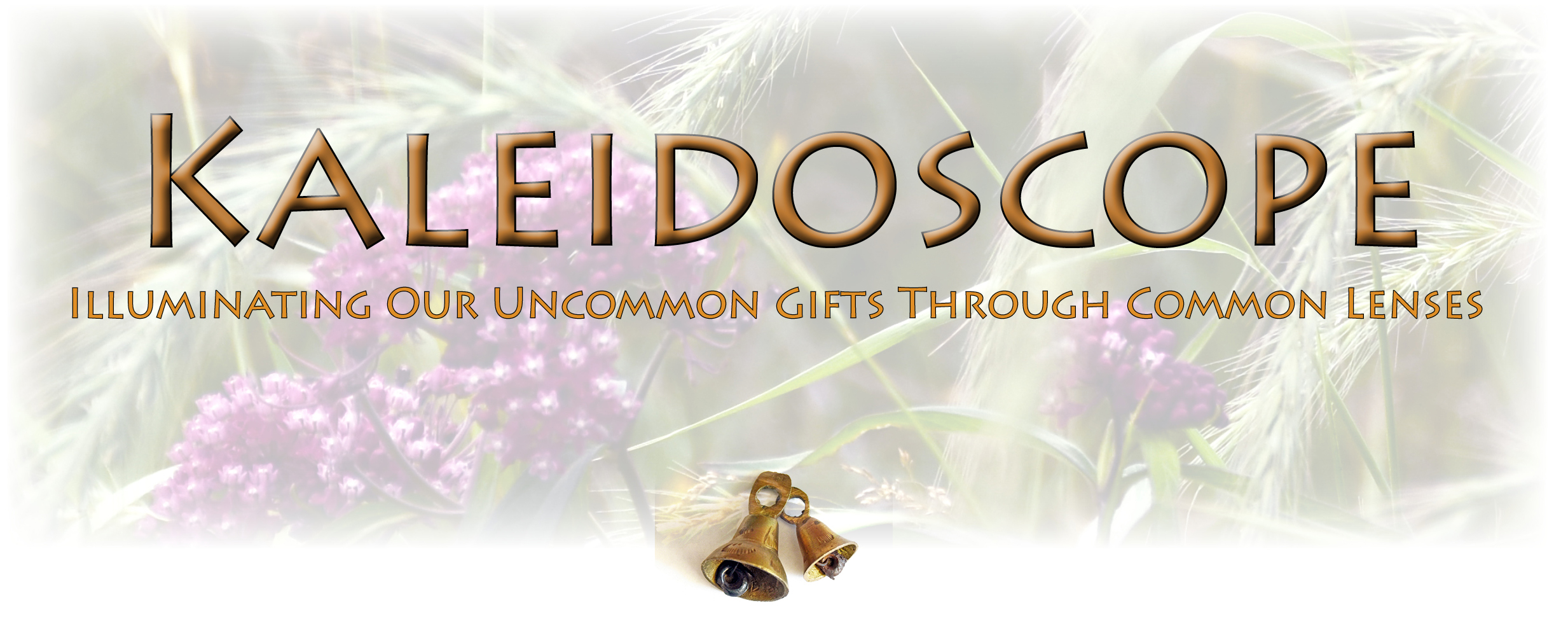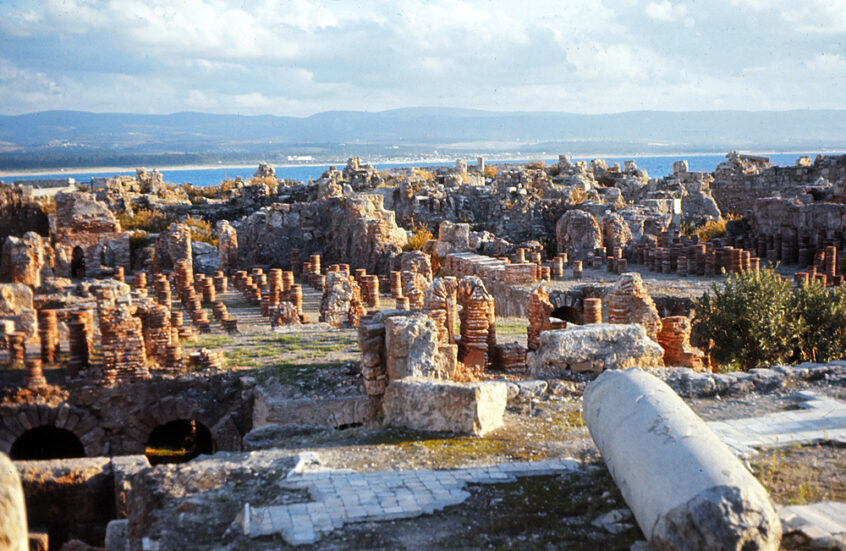Photo by Barbara, 1972.
Roman baths in Tyre, Lebanon.
The hills beyond the water are in Israel.
We have war when at least one of the parties to a conflict wants something
more than it wants peace. ~ Jeane Kirkpatrick, UN Ambassador
My best friend in Lebanon was a Palestinian who had very strong political views. Because we were friends and because I believed her, I adopted some of her views.
At one point, she invited me to spend a weekend with her and other friends in the village where she was born. It was in the south, along the Israeli border. Since it was a restricted zone, I had to obtain special permission from the government. We passed through several military checkpoints along the way.
We arrived late at night under a multitude of stars and no moon. Rolling hills with silhouetted olive trees marked the black horizon. I imagined myself in a serene biblical night scene not much different from what Jesus might have experienced.
Except for one thing: electricity. My friend’s brother pointed to the many villages dotting the landscape and asked, “Do you see how the lights are yellow in some villages and white in others? The yellow,” he continued, ”is incandescent lighting in Arab villages – both in Lebanon and across the border in Israel – and the white is florescent lighting in new Israeli settlements.” They appeared peacefully intermingled.
The next morning my illusion of serenity and peacefulness was shattered. What the blanket of darkness had hidden were the tanks, trenches, barbed wire, and soldiers in formation all across the horizon to the south near but not on the crest of the hills.
~~~~~~
About a year later, just following the Yom Kippur War, I journeyed to Israel and stayed with a family who lived on a moshav (cooperative farm) in the Golan Heights near the Lebanese border. People in this region carried machine guns as a daily routine. Nearly every family in Israel had lost someone to the ongoing conflict.
My German host mother and her cousin were the only members of their family to survive the horrors of World War II concentration camps. She had emigrated to Israel and he to England, where he flew back and forth to Israel for El Al Airlines.
Listening to my host’s stories and her sincere wishes for peace and reconciliation, I found myself opening to hear this ‘other side’. I told her about my visit to the Lebanese border village. She offered to take me to see the same vista, but from the Israeli side of the border.
Thus, I was now looking to the north, over the trenches, tanks, barbed wire, and soldiers at the Lebanese village where I had been. In both cases, much separated the two sides. I literally, viscerally experienced what “you can’t get there from here” really means. My mind wrestled with how to reconcile these two opposing, equally genuine points of view with all of their attendant polarity and complexity.
I noticed that I no longer had an opinion about who was right and who was wrong. I learned that having no opinion could result just as easily from having more than ample information as from lacking information. The range of my sight was developing to include not only a point of view but also to hold a ‘field of view’ as well.
Light is meaningful only in relation to darkness and truth presupposes error.
It is these mingled opposites which people our life and make it pungent, intoxicating.
We only exist in terms of this conflict in the zone where black and white clash. ~ Louis Aragon
Adapted from Leadership in a Challenging World by Barbara

